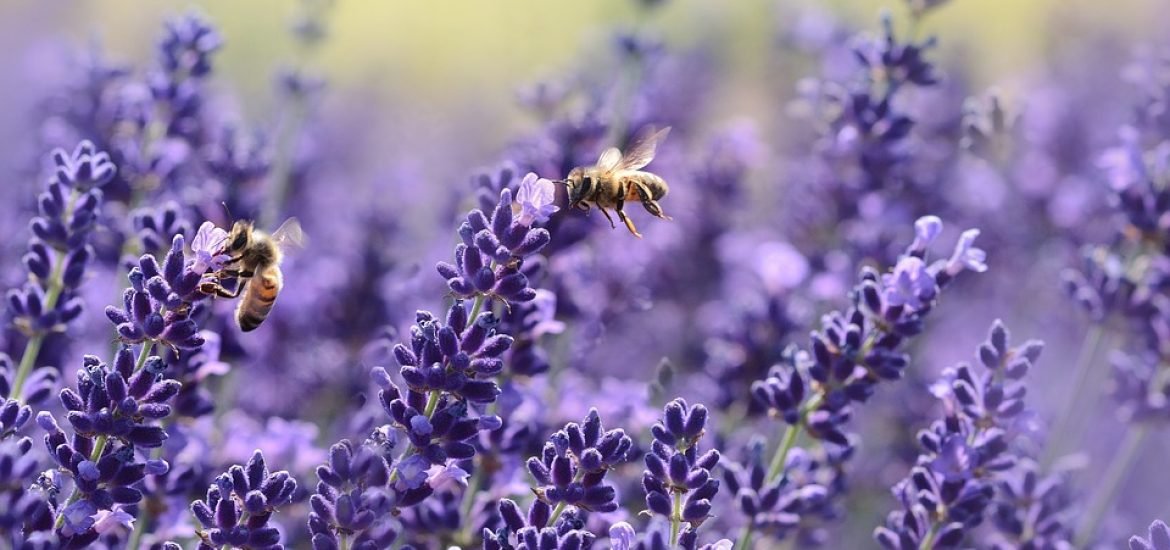
The UN General Assembly unanimously endorsed on Wednesday Slovenia’s initiative to declare 20 May World Bee Day. This resolution, supported by all EU member states, aims to raise awareness of the insects’ dwindling numbers.
Since 2014 Slovenia has been pushing for 20 May, the date of the birth of Slovenian pioneer of modern beekeeping Anton Janša, to become an official intentional World Bee Day. In proposing declaring a World Bee Day, the country endeavours to make the world public aware as much as possible of the importance of bees for humanity, especially in terms of eradication of hunger and malnutrition and preserving the environment and biodiversity.
Resolution 155 was initiated by the Slovenian Beekeepers’ Association, and was soon backed by the Slovenian Agricultural Minister Dejan Židan. In the recent couple of years, they have sparked a wide-spread social movement in support of protecting the bees. Last November, the resolution introducing a World Bee Day, supported by all EU member states, was adopted unanimously by the UN’s Economic and Financial Committee. It was confirmed by the general assembly on Dec. 20.
Bees and other pollinators are essential to the planet: They are instrumental to one third of the global food production. The Food and Agriculture Organization of United Nations (FAO) estimates that 71% of all crop species grown for human consumption need pollinators to be fertilized. The global annual value of crops heavily reliant on pollinators is estimated to lie between US$ 235 billion to US$ 577 billion. If they were to disappear from this planet, it would throw off the food chain.
In short, bees are a key part of many ecosystems and therefore a good indicator of a healthy one. In the last 50 years, however, bee numbers have dropped drastically. Nearly 75 percent of insects responsible for pollinating plants have died in Europe in just the last 30 years. The main culprits are monoculture, shrinking habitats, particularly in the areas with intense agriculture, and the rise in usage of neonicotinoid pesticides. New bee diseases and pests brought in their habitats by globalisation further aggravated the situation.
This post is also available in: FR (FR)DE (DE)